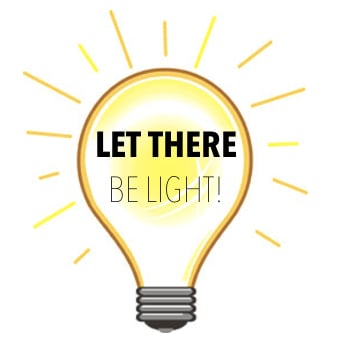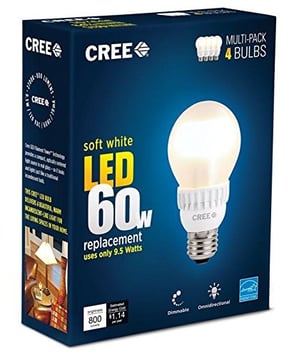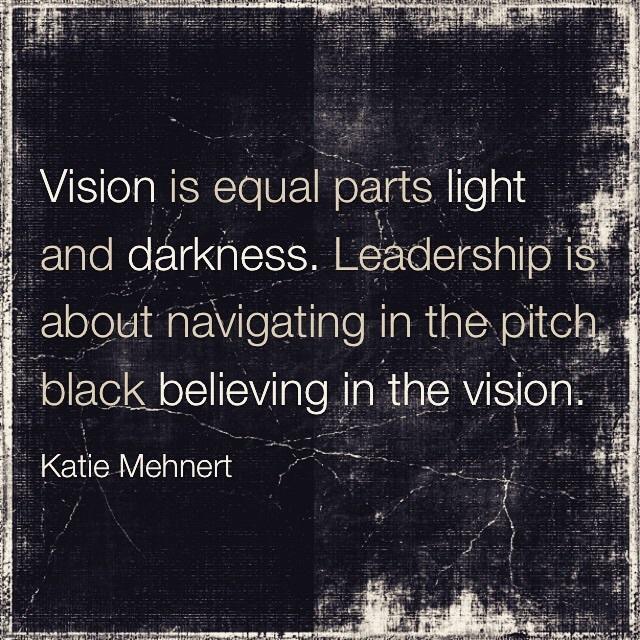 In the beginning God created the heaven and the earth. And so the story goes,the earth was without form, and void; and darkness was upon the face of the deep. And God said,
In the beginning God created the heaven and the earth. And so the story goes,the earth was without form, and void; and darkness was upon the face of the deep. And God said,
Let there be light: and there was light.
In the 19th century, Thomas Edison took light one step further and invented one of the simplest commodities we all take for granted: the light bulb. You know how inconvenient things are when your batteries go dead in the your 50' flat screen remote or when your lightbulbs burn out in your favorite room, right?
We take light for granted.
For without light, we would not be able to read. Our I-Devices wouldn't illuminate. We would live in darkness and only be able to draw upon the free natural resource in the sun for light.
Without light, our world would be a different place. I am reminded of this all too well living in the Southern part of the United States that has become increasingly more vulnerable to hurricanes every summer. In 2008, Hurricane Ike slammed Houston and put us without power, light and water. For days and for some it took weeks to get the basics back. We're truly living in times where the simplest things can become scarce within moments. That scarcity can turn our world upside down.
Light can change the way we think, too.
This weekend I went to my mailbox and received a package from Klout. The letter read, "Congratulations, enlightened one, The Cree LED Bulb is officially yours." 
I try new things from time to time. Change is good, and innovative change is even better. The folks at Cree sent me a 60W equivalent LED lightbulb. The packaging says the bulb is 84% less energy consumption, a $139 lifetime energy savings and comes with a 10 year warranty. WOW. 10 years? This lightbulb will operate for 10 years if used 6 hours per day/7 days a week? We've come a long way.
But why is it that people are reluctant to change? Is it because the conventional lightbulb costs me $1.00 and this one is $8? Is it because old habits die-hard? When I thought about this new lightbulb a few things came to mind:
- What if I didn't have to change a lightbulb for 10 years? That would mean more time spent doing other things. It would also mean less risk of me falling off a chair because I often have to replace lights by elevating myself on a step stool.
- If I use this lightbulb, I'm using less energy, I'm reserving that energy for other things.
- $8 is steep for one lightbulb, but in the longer run I make out ahead because I'm using less and getting longer use. What does it hurt when the company warranties the claim the bulb will work 10 years?
- After looking at the packaging I notice the bulbs are made and assembled in the USA. There's something about that which warms my heart.
So I've installed my new light in my bathroom.
I'm not saying I will run out and replace every light bulb in the house but I'm excited to see how long it will last. I'm curious about the investment I'm making into giving this new innovation a chance and it has me thinking about other ways I can contribute to sustainable living.
What are some of the small changes you're making in your work and life to live longer, more efficient, and sustainable?
Share your lights with all of us...
PS: You can get the lights at HomeDepot or on Amazon. They operate on a 120V network.


